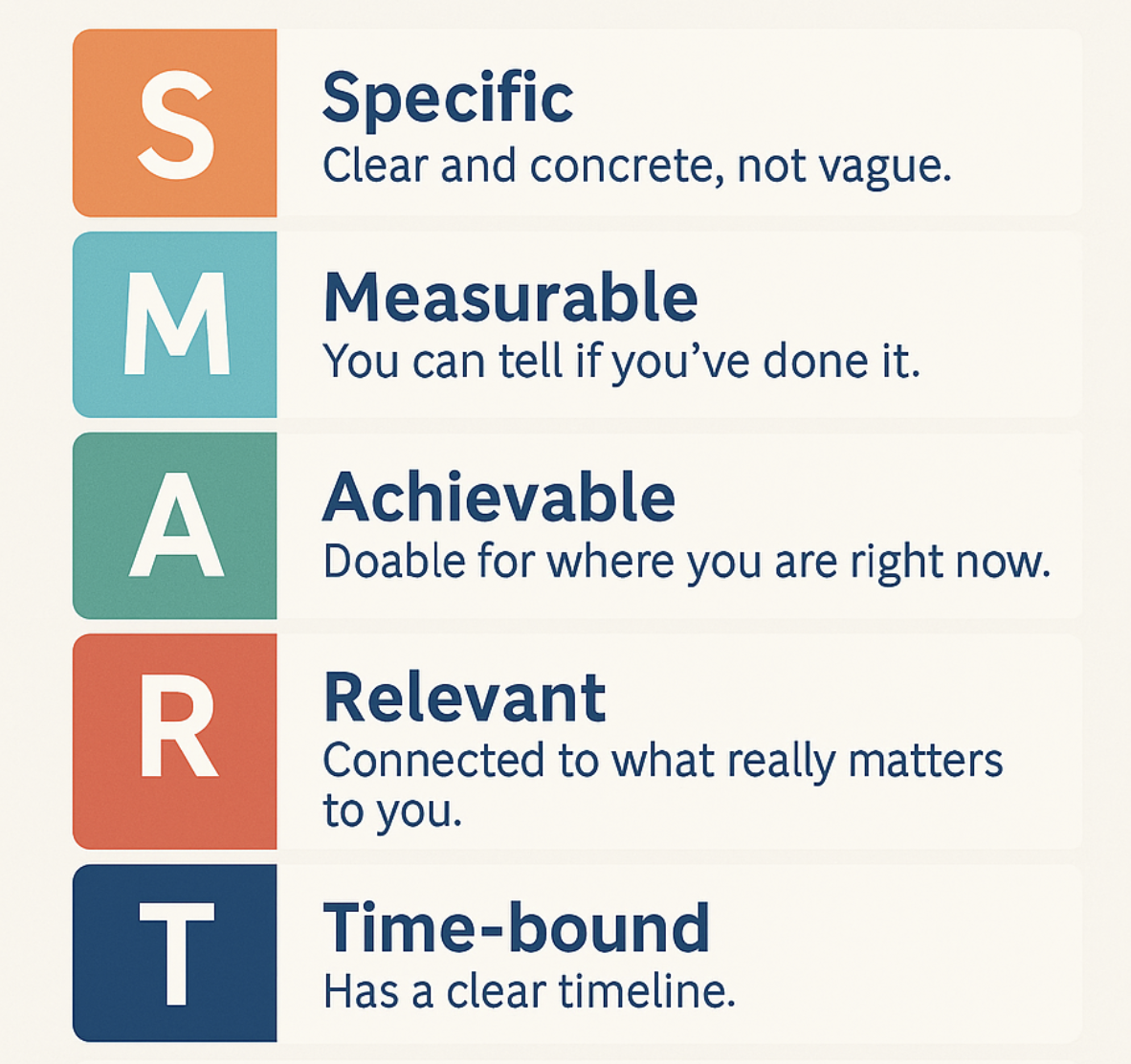Perfectionism Therapy in NYC & CA
Integrative, compassionate therapy for high-achievers struggling with impossible standards
Manhattan (In-Person) | New York & California (Online)
You may be successful by most measures. Perhaps you've built a career, achieved things others admire, but it never feels like enough. There's always more you should be doing, ways you're falling short, things you could have done better.
The exhaustion is catching up with you. You're tired of driving yourself so hard, but you don't know how to stop. The fear of being "lazy" or "mediocre" feels worse than the exhaustion.
Perfectionism isn't about high standards — it's about protection.
Most advice about perfectionism focuses on "letting go," "being kinder to yourself," or "accepting imperfection." But if it were that simple, you would have done it already.
I use an integrative approach that addresses perfectionism from multiple angles—psychodynamic work to understand why it developed, CBT to work with perfectionistic thinking, ACT to build psychological flexibility around your standards, DBT skills for tolerating imperfection, and mindfulness for developing a different relationship with your inner critic.
We explore not just how to "fix" perfectionism, but why it developed in the first place and what would need to change for you to actually feel safe letting go of impossible standards.
Signs of Perfectionism
Exhausted from impossible standards
You hold yourself to standards that are unrealistic and unsustainable. Nothing is ever quite good enough. The effort to maintain these standards is wearing you down.
Unable to rest or feel satisfied
Even when you accomplish something, you can't enjoy it. You immediately move to the next thing. Rest feels like failure. Satisfaction is always just out of reach.
Dealing with intense self-criticism
The voice in your head is harsh and unforgiving. You notice every mistake, every flaw, every way you fall short. You'd never talk to anyone else the way you talk to yourself.
Struggling with ADHD
Your perfectionism might have developed as a way to compensate for ADHD. If you can just be perfect, maybe you won't make mistakes or let people down. The perfectionism has become its own problem.
Experiencing anxiety
Your perfectionism is intertwined with anxiety. The fear of not being good enough drives you to work harder, check more, control everything. But the relief never lasts.
Burning out
The perfectionism that once helped you succeed is now causing burnout. You can't maintain this pace, but you don't know how to ease up without feeling like a failure.
In demanding careers
You're a founder, executive, lawyer, consultant, academic, or creative professional. Your work demands excellence, but your standards have gone beyond healthy striving into something harmful.
My Approach To Therapy
Perfectionism is complex - it's in your thoughts, your emotions, your relationships, your sense of self, and your history. Working with it requires multiple approaches.
My approach combines:
Psychodynamic therapy to understand the deeper roots and what perfectionism protects you from
CBT for identifying and challenging perfectionistic thinking patterns
ACT for psychological flexibility and values-based living (not perfection-based living)
DBT skills for tolerating imperfection and managing the emotions that arise
Mindfulness for observing the inner critic without being controlled by it
Self-compassion work to develop a kinder relationship with yourself
We work on:
Understanding the why - Not just changing the behavior
Self-compassion - Not just lowering your standards
Your sense of worth - Not just productivity techniques
What feels safe - Not just what feels "good enough"
The focus is on what actually helps you build a sustainable, compassionate relationship with yourself—not on forcing change before you're ready.
FAQ’s
Is perfectionism really something that needs therapy?
If your perfectionism is causing exhaustion, anxiety, relationship strain, or preventing you from enjoying your life, then yes—it's worth working on. Perfectionism can be as limiting as any other pattern that keeps you stuck.
Will therapy make me less successful?
No. In fact, many clients find they're more effective when they're not exhausted from impossible standards. We're not talking about lowering your standards — we're talking about distinguishing between healthy striving and harmful perfectionism.
What if I'm also anxious or have ADHD?
That's very common. Perfectionism often co-occurs with anxiety and ADHD. We work on all of these together and explore how they're interconnected.
How long does it take to work on perfectionism?
This varies. Perfectionism is often deeply ingrained, so meaningful change takes time— usually months, not weeks. But many people notice shifts in how they relate to themselves relatively early on.
What's the difference between this and self-help advice?
Self-help often tells you to "just let go" or "be kinder to yourself," but doesn't address why that's so hard or provide the tools to actually do it. My integrative approach addresses perfectionism from multiple angles with evidence-based methods, and we explore the deeper reasons it exists.
READY TO GET STARTED?
Schedule a free 15-minute consultation call to see if we're a good fit.








